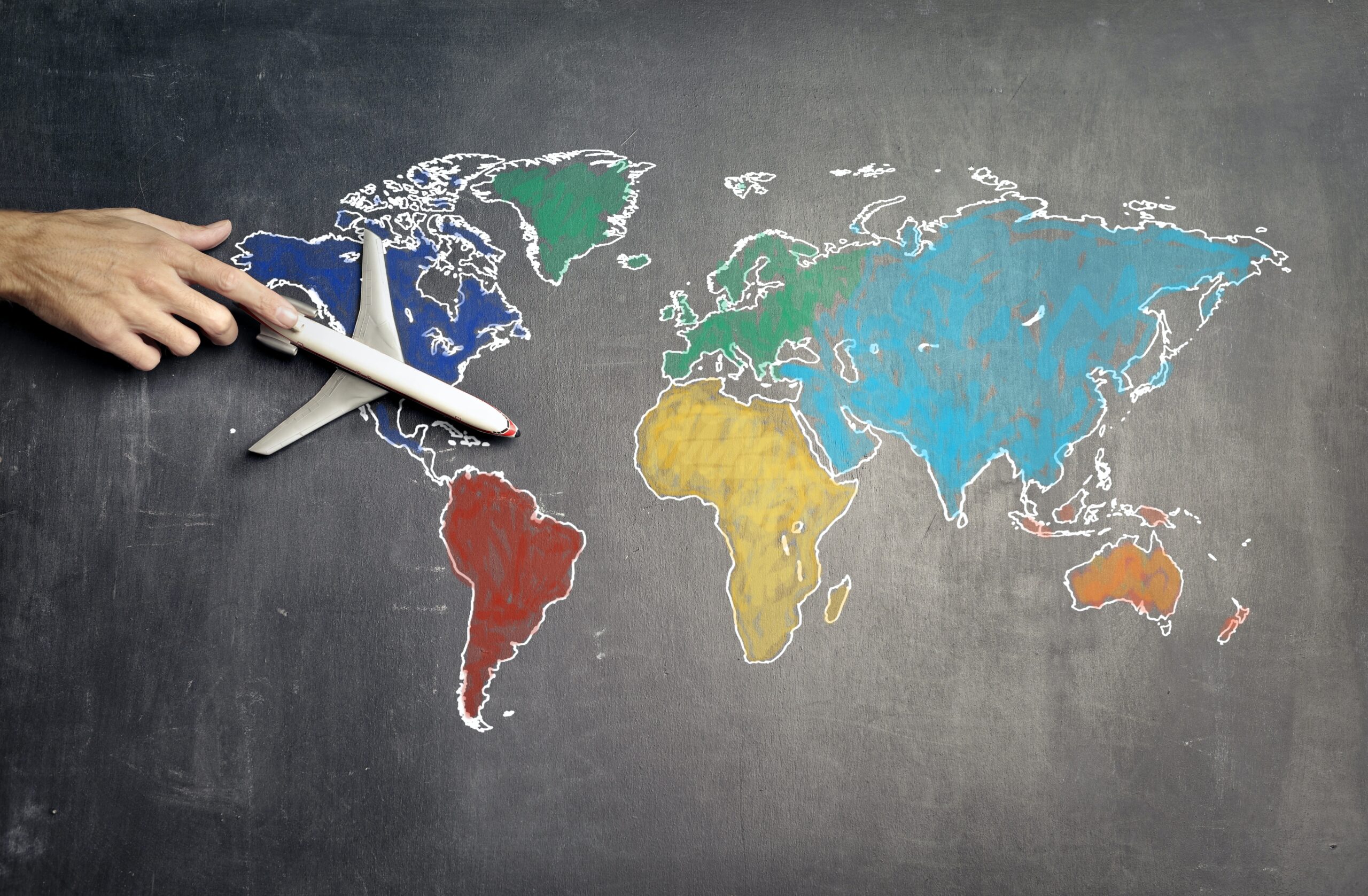The economic shutdown of 2020-1 had a profound effect on business travel. For several years, the hospitality industry saw valuable growth in the corporate trip sector and profited from the niche market. Then, it came to a near standstill…
Other factors have also changed the niche travel sector, such as:
- Technology
- Demand
- Business traveler profiles
- Accommodation options
- Trips costs
- Sustainability emphasis
- Labor strife
- World events
Firms like McKinsey and Deloitte remain optimistic about the market’s ability to bounce back. For example, Deloitte believes companies will increase their corporate trip budgets in increments through 2023.
Other experts expect the back-to-the-office trend to spill over into travel. As states and countries lift their vaccination and mask mandates, their travel regulations have also relaxed.
Therefore, it’s easier for professionals to move around more freely. Business travel stats also help tell the story of the evolving market.

What Is Business Travel?
Business travel is a trip that professionals take away from their offices to attend meetings, training, or industry events.
Corporations like Amazon and major consulting firms helped boost corporate trips. Then, Amazon became the leading travel spender according to air travel volume in a recovering economy.
The Beginning of Corporate Trips
According to a New York Times article from 1971, the traveling salesman became an American image.
The first motel opened in 1925 in San Luis Obispo, California. It sought to cater to drivers as the country became more mobile thanks to cars.
Then, traveling salesmen also adopted vehicles as their preferred travel methods, boosting opportunities for motel operators that paved the way for hotel developments.
Next, air travel meant that professionals could arrive at their destinations much faster. Like other innovations, savvy entrepreneurs spotted opportunities to cater to traveling professionals, including eateries and the luggage industry.
Based on business travel trends, I will briefly explore how business travel habits have changed over the years.
The Evolution of Business Travel
Technology, traveler profiles, and world events have evolved business travel. For example, the events of 9/11 led to the development of the Transportation Security Administration.
Previously, travelers and their loved ones could wait in the seating areas near the boarding doors. After 9/11, anyone without an airplane ticket could only go as far as the security checkpoints.
Millennials and Cultural Changes
Millennials have driven several cultural changes in the business world. The corporate world had developed a way of doing things, and corporate professionals accepted it without question.
Then Millennials decided that they wanted to enjoy life more than previous generations. For example, Millennials helped coin the term bleisure, and the hospitality industry caters to it.
Professionals can travel on their company’s dime from their offices to their destinations. Then, some professionals opt to remain at the destination for extra days while paying for it.
Previously, corporate travelers, including executives, sought to complete their trip’s purpose and return home quickly.
World Events
I already touched on how 9/11 impacted business travel. It’s worth emphasizing that the event had ripple effects on business professionals needing to enter the United States too.
As strife unfolds in other countries, travelers must understand how unrest could affect them at airports and on the ground. Thus, travelers must check for safety threats before traveling to some geographic areas and territories.
Corporate travel managers should double-check for destinations that have instituted extra security measures due to ongoing and outcomes of world evets.
Technology
Technology remains a disruptive force across all sectors and the way people live. However, it benefits consumers and professionals.
Corporate travelers can use technology to stay caught up on work while on the road. Professionals can also use technology to keep in touch with loved ones, confirm reservations, and find directions.
It also helps corporate travel managers plan trips more efficiently. Technology also allows managers easily track expenses, team members, and itineraries.
The hospitality industry adapts to its guests. Thus, some properties accept payment in Bitcoin since their guests have access to the digital payment.
Once travelers and managers become acquainted with the tools available, many adopt the technology that helps them remain productive and agile.
Conclusion
The business travel sector will remain valuable for the hospitality industry whether it returns to 75% of its pre-2020 level or surpasses it. Therefore, hospitality industry entities and corporate travel planners benefit from remaining abreast of the trends.
Watch this space for updates in the Opinion category on Running Wolf’s Rant.
Like what you just read? Subscribe To Our Newsletter to stay in the loop.
Feel free to explore our website or check out our Featured Articles.
Looking for a gift for that special person in your life? Check out Netflorist.co.za, South Africa's top online florist and gift service. They offer flowers, gifts, and hampers for all occasions AND reliable nationwide delivery.


